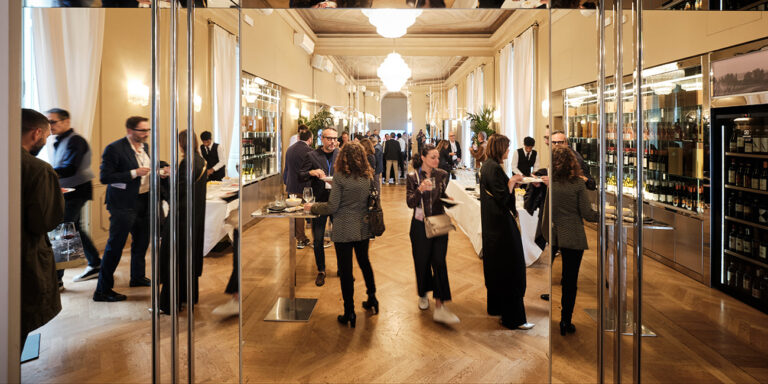As the needs of guests change, hotel design is adapting, providing hybrid spaces that cater for all.
As the Covid19 pandemic continues to shift attitudes on how and where we work, eat and play, hotels are adapting in response. Guests no longer look just for a place to stay, but also a place to work, shop, socialise and eat as they seek to foster connections with people and brands. The long-term effects of social media, alongside months of isolation, have resulted in a growing number of individuals craving in-person experiences and choosing to spend more time in public, communal spaces.
With the boundaries between work, life and play continuing to blur, the emergence of the hybrid hotel concept presents an exciting opportunity for both the community and business.
Adaptable spaces
Hotels by nature have the space to bring people together, often based in relatively centralised locations within urban environments. While people have long used hotel lobbies to work and meet, the new hybrids are more dynamic and multifunctional, blending co-living, coworking and shared social spaces.
Here, multifunctional rooms and dedicated floors offer a mix of amenities that can adapt to the users’ requirements. In communal spaces, home comfort is combined with hotel luxury in the form of cosy lounges and collaborative coworking areas. This creates functional areas that offer a greater level of comfort to work, attracting locals in need of a new workplace, as well as business travellers, digital nomads and individuals looking to experience a hub of activity.
The key to a successful hybrid model is adaptability – for brands, this means seeking out flexible materials and furniture. When designing these new spaces, consideration still needs to be given to social distancing and the fluid movement of people. From modular seating to zonal flooring and moveable walls, the design should prioritise the needs of individuals, while creating flexible spaces that can be easily moved or modified.
Space to be social
While flexibility is key, any changes made should focus on offering a guest experience that fosters collaboration and connection. Following months of solitude, it is this sense of community that people crave – and one that hotels are well placed to provide.
Encouraging guests to be more social creates a welcoming atmosphere that promotes wellbeing and improves guest satisfaction. Groups like Travelodge, Accor and IHG are already embracing this trend, with community-led programming and decor that reflect the neighbourhood they are in.
As the demands on the hospitality experience continue to evolve alongside changing lifestyles, brands that adopt the hybrid model will be in a strong position to provide guests with a space that caters for all generations. A concept that ensures they attract a wider, more diverse group of people, while optimising the existing space and revenue streams.
To learn more about hospitality design, visit the website.






